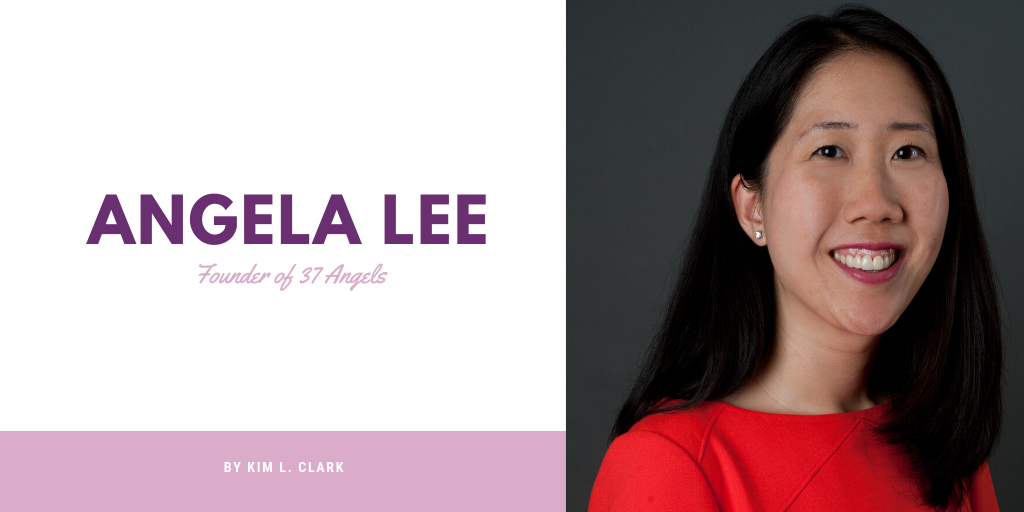37 Angels CEO Angela Lee is optimistic about women founders in 2020. She founded the prominent, woman-owned startup investment consortium in 2012 to back ventures founded by women and men whose startups are in the digital, logistics tech, future of work and construction sectors.
A January 2020 KPMG report announced that U.S. venture capital investments reached $136.5 billion in 2019, an amount surpassed only by the $140 billion raised in 2018. The year 2019 also welcomed 73 “unicorns,” i.e., companies with valuations that exceed $1 billion in investment capital. Investors and entrepreneurs had much to celebrate last year, but women entrepreneurs had to temper their enthusiasm.
PitchBook found that in 2019, all-women founder teams received just 2.8% of venture capital investments and did 6.7% of the deals. The phenomenon was explored in Feb. 14, 2019 Axios Market newsletter, which further confirmed the extent of male dominance in venture capital, reporting that women hold fewer than 10% of the decision-making posts in VC firms. Does the correlation between a scant female presence on the decision-making side cause the scant amount of funding received by all-women founder teams, or mixed-gender teams, which received 12% of venture capital investments and accounted for 16.1% of the deals in 2019? A growing number of startup investment sources led by women, such as 37 Angels, are emerging and more women are making funding decisions.
Even though Lee is seeing a nice gender balance between women and men founders at pitch events, she said women still face hurdles that men do not. She has observed that when pitch decks are presented, “Women, and women of color especially, are asked prevention, that is, problem resolution questions, e.g., ‘how will you overcome competitors or glitches in product manufacturing?’“ Lee said. “Men are asked product promotion questions, e.g., ‘how will you market and advertise?’”
Lee advised women to learn to answer not only the questions asked, but also the questions that are not asked — the questions that men are asked — if they expect to receive funding. She also points out that data shows that women founders don’t ask for enough money when they look for financial backing for their companies.
Angel investors differ from venture capital investors in that the former use their own money to back promising ventures and the latter pool money raised from others to invest in selected startups. Furthermore, angel investors fund early-stage ventures that are typically valued in the $5 million to $7 million range, while venture capital investors provide the next stage of equity investment, funding startups that have exceeded the $5 million to $7 million valuation threshold. Venture capitalists are often chasing the next unicorn.
Investor fascination with unicorns is expected to continue in 2020, especially in the tech sector. Lee is concerned about the fall-out from the overheated enthusiasm that investors have had for unicorns, several of which did not deliver. She told Yitzi Weiner at Authority Magazine in September 2018 that, “The startup ecosystem is really broken right now. Everyone is chasing unicorns and valuations are bonkers and founders believe that raising capital is the end goal; and that it somehow demonstrates success.”
However, zebras grabbed headlines this year when news of the $38.5 million series C (third round) investment capital raised by The Zebra, an Austin, TX-based insurance marketplace startup broke in early February.
Zebra ventures are perceived as less risky; they solve practical problems, they’re sustainable and grounded in social responsibility. 37 Angels rolled into its investment education curriculum strategies that will help women investors successfully navigate the unicorns, zebras and other high-potential startups.
“We teach women how to be investors in our Investor Bootcamps,” where participants learn vital competencies, including how to vet an early-stage business model, how to value a startup that has a limited real-time track record and qualities to look for in startup company founder teams. We want to close the gender gaps and we want to be efficient, helpful and transparent,” Lee added.






Add Comment